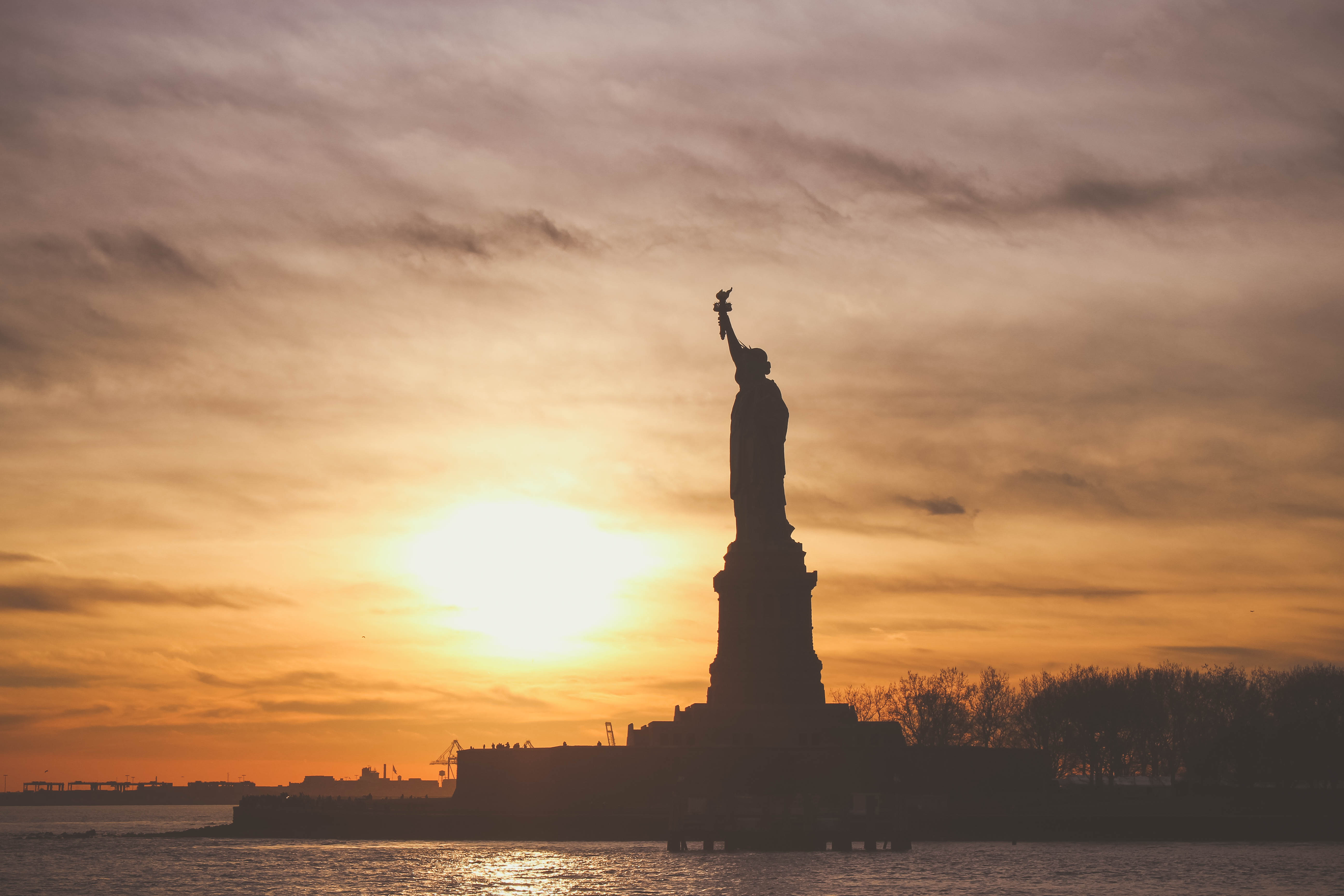This post is part of the General Conference Odyssey.
I took the title of this talk from the first talk of this session: Elder Vaughn J. Featherstone’s “The Gospel of Jesus Christ Is the Golden Door.” The first half of the talk is primarily about the welfare program, and there were lots of interesting insights there, but then the second half had to do with work. “Brethren,” he said, “there is no substitute for work… The Lord expects us to be industrious; he expects us to be mentally and physically ambitious with all our hearts and souls.”
I like the Mormon emphasis on work, on progress, on self-sufficiency, and on freedom. To me, it is ennobling. Elder Featherstone quoted from a story by Richard Thurman near the end of his talk:
Whenever something in you says, “It’s impossible,” remember to take a careful look and see if it isn’t really God asking you to grow an inch, or a foot, or a mile, that you may come to a fuller life.
And then he made an interesting transition:
Emma Lazarus has written words which describe the great Statue of Liberty. These words have special meaning to us in the Church, for truly these same words entreating all to come to America may well apply to the Church. I will just quote the last few lines. She said:
“Give me your tired, your poor,
Your huddled masses yearning to breathe free;
The wretched refuse of your teeming shore,
Send these, the homeless, tempest-tossed to me,
I lift my lamp beside the golden door.”The gospel of Jesus Christ is the golden door, in the name of Jesus Christ, Amen.
This ending is vital to anyone who wants to understand Mormonism, including us Mormons. With all our emphasis on eternal progression and self-sufficiency and pragmatism and work you may start to wonder—and some have certainly criticized—where is there room for grace? Where is there room for God’s mercy and power?
The answer is simple: we believe in both. In a nutshell, that’s why I’m Mormon. Because I believe in the tradition of both. We depend—absolutely and without reservation—on the mercy and grace of God. We are, alone and unassisted, doomed. Nephi’s younger brother Jacob explained that, without the intervention of God, “our spirits must become subject to that angel who fell… and our spirits must have become like him, and we become… angels to a devil.”[ref]2 Nephi 9:8-9[/ref] Alone, we all fall eventually succumb to moral empathy. Even after we are rescued from that fate, King Benjamin taught that “if ye should serve [God] with all your whole souls yet ye would be unprofitable servants.”[ref]Mosiah 2:21[/ref] There is no question: we cannot save ourselves.
And yet the question becomes: after we are saved through divine intervention, then what? That’s when the call for mental and spiritual ambition comes into play. It’s not a question of inventing our own rescue plan. It’s a question of what God calls on us to do with the plan that He put in place. The golden door is His. We just have to walk through it.
—
Check out the other posts from the General Conference Odyssey this week and join our Facebook group to follow along!
- A Global United Brotherhood by Daniel Ortner
- The Priesthood Power of the Relief Society by Jan Tolman
- Some great thing by Marilyn Nielson

1 thought on “The Golden Door”
Comments are closed.